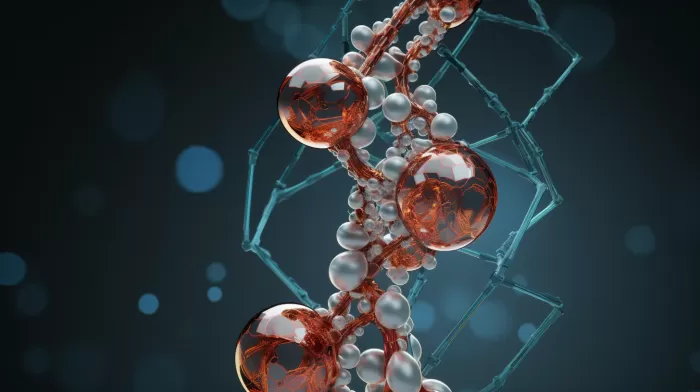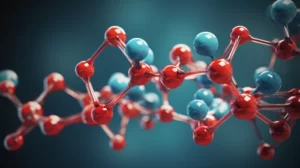An anti-aging hormone known as human growth hormone (HGH) could improve overall quality of life by reducing fat, increasing muscle mass, and boosting energy levels. HGH, also called somatotropin, helps stimulate growth, cell reproduction, and cell regeneration in humans.
What does HGH do?
HGH has many benefits, including:
- Increasing calcium retention and strengthening bones
- Increasing muscle mass
- Promoting breakdown of fat cells for a leaner body
- Stimulating healthy growth of internal organs (excluding the brain)
- Stimulating the immune system
- Increasing the conversion of the less active T4 hormone to the more active T3 thyroid hormone
- Improving psychosocial well-being
- Slimming the stomach
- Helping to maintain a youthful and wrinkle-free appearance
However, if you have HGH deficiency, you may experience symptoms such as:
- Thin or limp hair
- Droopy eyelids, cheeks, or a sagging face
- Thin lips and jaw, receding gums
- Large deep wrinkles or thin dehydrated skin
- Sagging or loose muscles
- Weak bones
- Fatigue, depression, and difficulty controlling emotions
- Low self-esteem, feelings of incompetence, social isolation
HGH Supplementation
HGH supplementation can improve health in older, healthy adults. In a 1997 study, men aged 55-71 showed significant improvement in health parameters using a growth hormone-releasing hormone (GHRH) analogue over a four-month period. The treatment resulted in increased skin thickness, lean body mass, insulin sensitivity, libido, and general well-being. Many anti-aging physicians support the use of HGH if you are found to be deficient.
Is HGH Safe?
There are risks associated with HGH use, including the potential for causing an irreversible overgrowth of bones and muscles known as acromegaly. Additionally, long-term use of HGH can increase blood insulin concentrations and the risk of type 2 diabetes. It is essential to have regular check-ups and blood tests to monitor any adverse effects.
However, several studies have shown no increased risk of cancer or diabetes in adults receiving physiological doses of HGH therapy. In one study involving over 60,000 patient-years of data, HGH improved the quality of life in adults who were previously growth hormone deficient. It is essential to work closely with a healthcare professional to ensure the safe and effective use of HGH therapy.
How to Get a Prescription for HGH
Many physicians are hesitant to test HGH levels and prescribe HGH therapy, so it can be challenging to get a prescription. In a future article, we will discuss the reasons for this hesitancy, as well as how to find the right HGH therapy for your needs.
HGH therapy has numerous health benefits for those who are deficient. By working closely with a healthcare professional and being vigilant about monitoring any potential side effects, individuals can safely and effectively use HGH to improve their overall quality of life.



